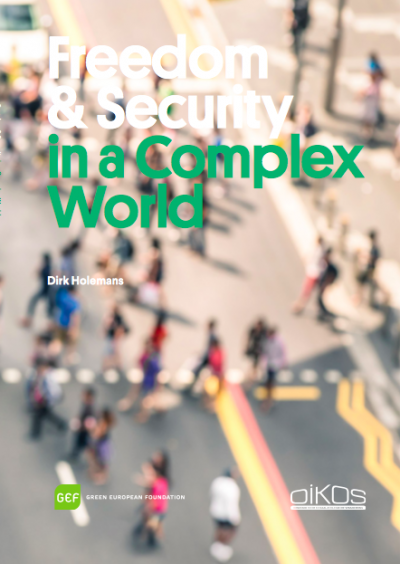Hopeful approaches to democracy in digital times
The 21st century democracy in Europe is in dire straits. Citizens feel disconnected with politics. Many people, especially youngsters, no longer see the traditional democracy as a good system of governance. Democracy like we know it today seems to be overdue for a profound upgrade. How can we reverse the erosion? Will parliament survive the digital era?
Democratic institutions haven’t changed much since their formation in the 19th century. Even though our lives have been permeated with digital technologies, our parliaments and local councils have not. If we do not intervene quickly, our democracy is threatened to fall behind on digitalisation, and the gap between citizens and politics will grow even more.
Nonetheless our digitalised society offers a fertile breeding ground for citizens who organize themselves in innovative ways to participate in political decision-making. Digital initiatives like online knowledge centres and participation platforms pop up everywhere in Europe. For example, did you know that the mayors from Barcelona and Paris use digital platforms to actively engage citizens in outlining policy? What is the potential of these technologies to renew democracy? What are the challenges? What about participation of the elderly for instance? And how can local governments respond to these growing digital trends?
This trend paper forms part of the project ‘Digital Commons – Towards A European (W)E-Democracy’, an initiative of the Green European Foundation with the support of Oikos, Etopia, Fondation de l’Ecologie Politique, Fundacja Strefa Zieleni, Cooperation and Development Network Eastern Europe. The paper was produced in the aftermath of the (W)E-Democracy European Thinking Day held in Brussels on 26th May 2017.
Download

(W)E-Democracy. Will Parliament Survive the Digital Era? Dirk Holemans & Kati Van de Velde. Published by the Green European Foundation in collaboration with Oikos. 2018

Recente reacties